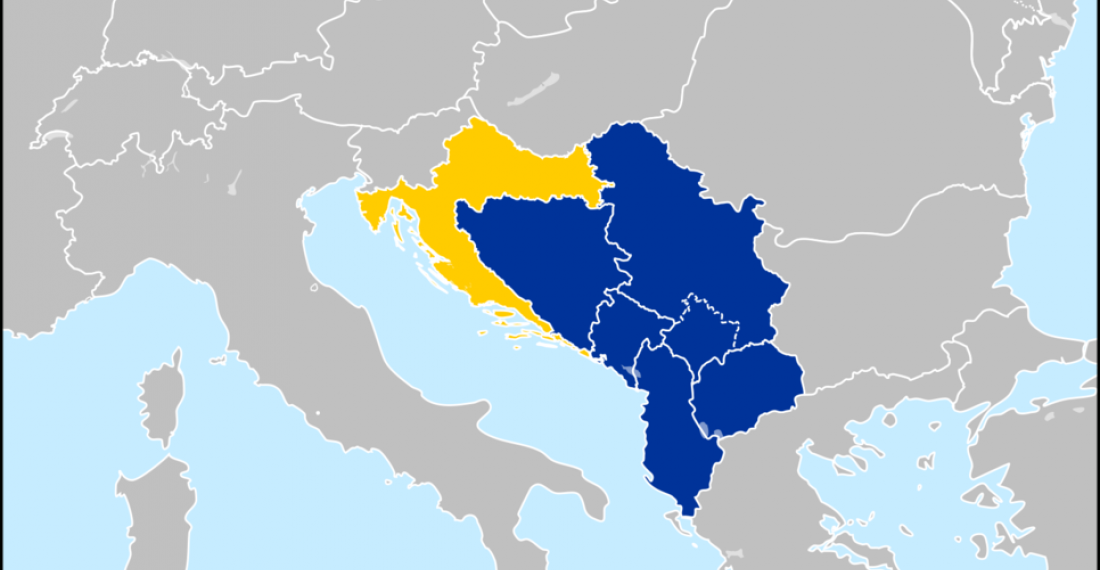Criminal networks in the Western Balkans have become key actors in both regional and European Union drug markets, a report by the European Monitoring Centre on Drugs and Drug Addiction (EMCDDA) said on Monday.
The report says that the strategic geographical position of countries such as Albania, Montenegro, North Macedonia, Serbia, Bosnia and Herzegovina, and Kosovo, combined with high demand for drugs, particularly in the European Union and Turkey, have accelerated criminal groups’ operations.
Read the report in full on the EMCDDA website here
“Some EU countries are located on trafficking routes that pass through the Western Balkans before re-entering the EU. This means that trafficking flows can be complex,” the agency said in the report which is part of a bigger regional study conducted between 2019 and 2022.
Sizeable diasporas from the region in the EU also provide a pool of individuals who can be exploited or recruited into these networks, the report said.
The EMCDDA report discusses Western Balkan groups’ operational presence in Belgium and the Netherlands, with the ports of Antwerp and Rotterdam being important for drug distribution and import into the EU.
Germany, Italy, Spain, Switzerland and the United Kingdom are also important locations for those groups in the cocaine, heroin and cannabis markets in Europe, said the EMCDDA.
These mafia-like networks have also adopted the latest available technology to improve the efficiency of drug production, trafficking and money laundering, the report said.
That includes complex equipment for indoor cultivation, drones or the use of cryptocurrencies and encrypted communications.
Both the Western Balkans and EU countries serve as refuge for criminals hiding from rival criminal groups or law enforcement.
“Members of Italian and Turkish criminal networks are reported to be evading justice by locating themselves in the Western Balkans, while Russian criminal organisations are thought to be involved in money laundering activities along the region’s coastline,” said the EMCDDA.
source: commonspace.eu with EMCDDA, Reuters and agencies







